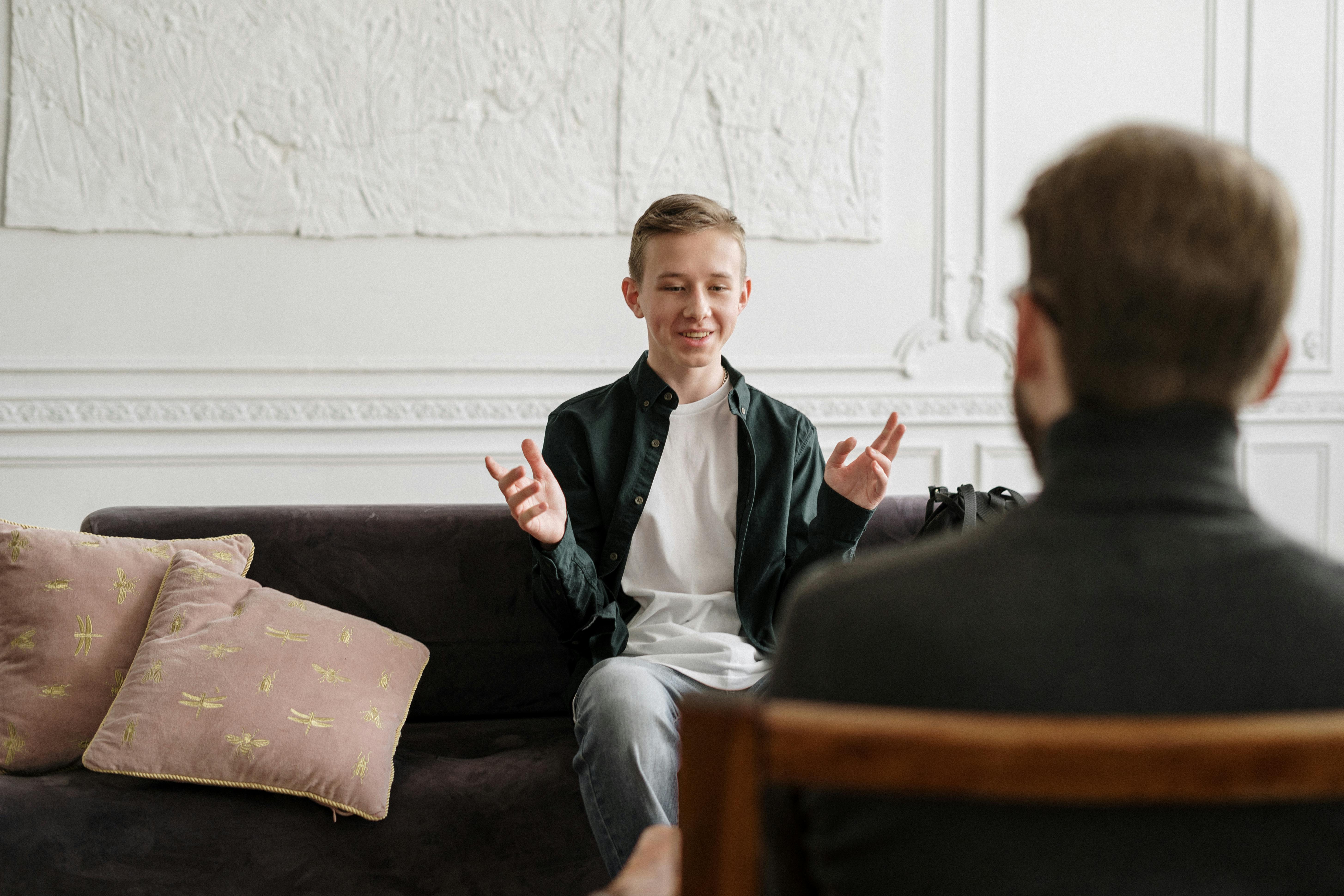Depression can wreak havoc on us and our loved ones. Signs of depression include: feeling down, hopeless, emptiness, disinterest in “normal” activities, irritability, excessive tiredness or lack of energy, sleepiness or sleeplessness, eating too much or too little, brain fog, thoughts or acts of self-harm, etc.
Depression (major depressive disorder) - Symptoms and causes - Mayo Clinic
For some people, the depression they experience is like a roller coaster ride with ups and downs. The “down” depressive episodes can come out of nowhere and knock them down flat. When experiencing a depressive episode a person is so “down” they are not able to physically, mentally and emotionally function well; their outlook is distorted and daily living is inhibited.
In addition to family, friend and professional support, here are a few tips to try.
Tips on Making it Through a Depressive Episode
Although depression may have debilitating moments and spans, they won’t last forever. There can be moments of relief and happiness even in major depressive episodes.
Actively find meaning in what you are capable of doing.
Look for small things that bring you sparks of joy. Treat yourself to your favorite drink, take a walk, people watch, read a book, take a bath, get ready for the day, etc.
Depression can rob you of the present moments and relationships.
Tell yourself, “Just for this moment I can…” or “Just for today I will…” get myself ready, eat a meal, focus on my work, smile and say hello to someone, reach out to a friend, etc.
Depression thrives in isolation and shrinks in the presence of others!
Respond when others reach out to you and reach out to others when you feel low. (Adapted from Psychology Today, April 2024, p. 21)
A mental health therapist or counselor can support you and teach you skills to help manage depressive symptoms and episodes. Please seek the help of a therapist, counselor or other appropriate professional to support you or a loved one when depression is impacting daily functioning.
Stay informed about the latest research in psychology.

Atium Health provides NOJOS certified therapy for youth in Levels 1 and 2. Led by Clint Okamoto; we offer clinical expertise and empathetic outpatient support.

Betrayal trauma is a profound injury to your sense of safety. Understand the stages of recovery and how to reclaim your identity with help from Atium Health.

Learn how to heal from the trauma of betrayal by rebuilding safety, self-trust, and emotional stability. This guide explains the stages of recovery and when therapy can help.